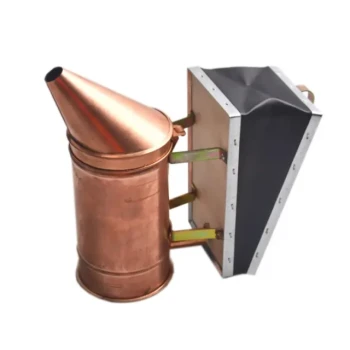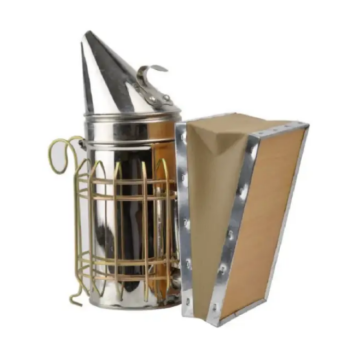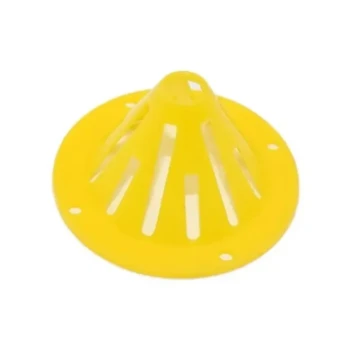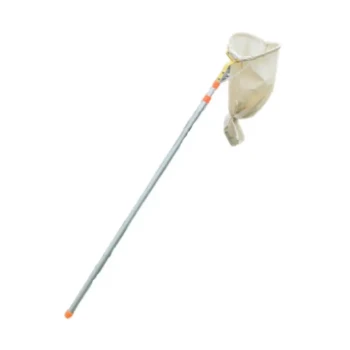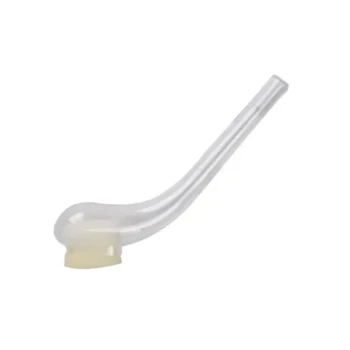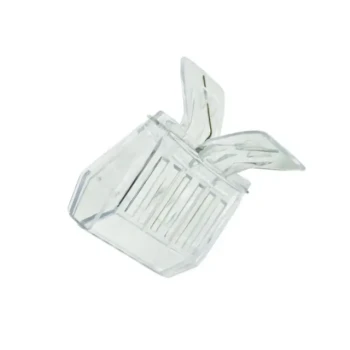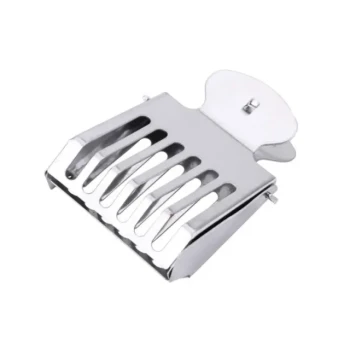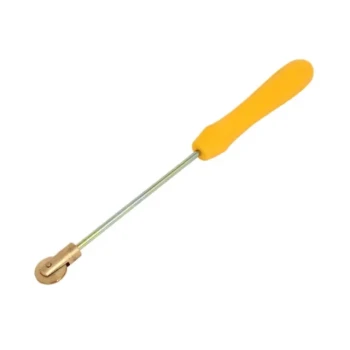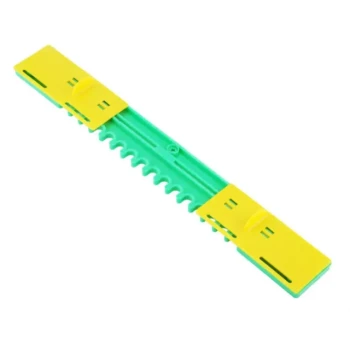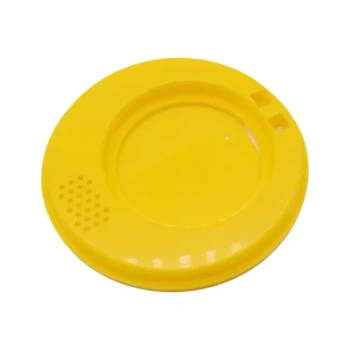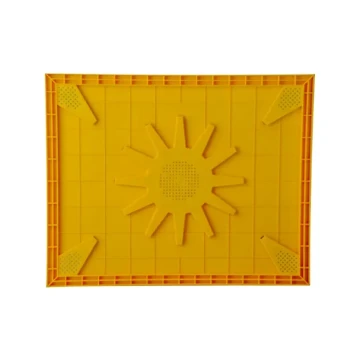The short answer is disease. Feeding your bees store-bought honey is a significant gamble with the health of your entire colony. While it seems like a natural choice, commercially processed honey can harbor microscopic threats from other hives that can be devastating to your own.
The core principle is biosecurity. Honey from an unknown source, even if it appears pure, can act as a Trojan horse, introducing devastating and highly resilient disease spores like American Foulbrood directly into the heart of your hive.
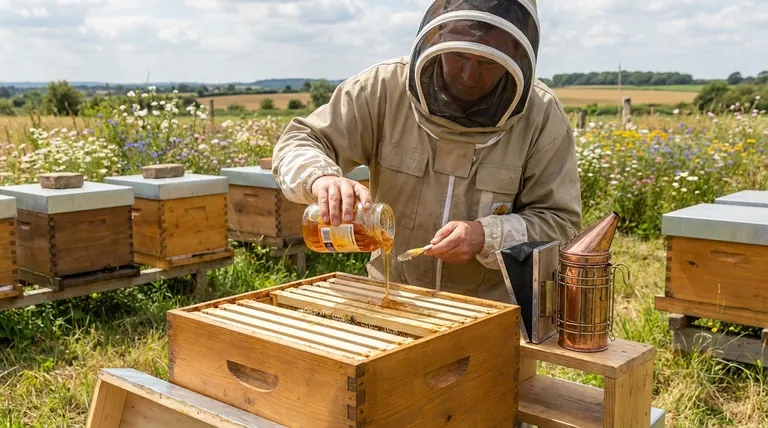
The Hidden Dangers in Commercial Honey
To understand the risk, you must look at honey from a bee's perspective, not a human's. What is perfectly safe for us to eat can be a vector for colony-destroying pathogens.
The Foremost Threat: American Foulbrood (AFB)
American Foulbrood is one of the most serious bee diseases. It is caused by the spore-forming bacterium Paenibacillus larvae.
These spores are the primary concern. They are incredibly resilient, capable of surviving for decades in honey, wax, and old beekeeping equipment.
When bees consume honey contaminated with these spores, they inadvertently feed it to their larvae. The spores then germinate in the larval gut, killing the developing bee before it can emerge. This leads to a rapid and fatal decline of the colony.
Other Pathogen Risks
While AFB is the most catastrophic risk, other diseases can also be transmitted through honey.
Pathogens causing European Foulbrood and Chalkbrood, though generally less destructive than AFB, can still weaken a colony, reduce productivity, and make it more susceptible to other stressors.
Contaminants and Adulteration
Beyond biological threats, store-bought honey can carry chemical risks.
Low-quality or illicitly imported honey may contain traces of pesticides or other environmental toxins that the source bees were exposed to. Furthermore, some cheaper products labeled as honey are adulterated with corn syrup or other sugars, which lack the proper nutritional profile for bees.
Understanding the Common Misconceptions
Many well-intentioned beekeepers make this mistake because of a few common, but flawed, assumptions.
"But Isn't Honey Natural Food for Bees?"
Yes, but it must be the right honey. Bees are meant to consume the honey they produce or honey from a known, verifiably disease-free source.
The problem is the cross-contamination between countless unknown colonies that occurs during commercial honey processing. A single infected hive can contaminate an entire batch.
The Illusion of "Pure" or "Organic" Labels
Labels like "raw," "pure," or "organic" refer to standards for human consumption, not bee biosecurity.
These labels offer zero guarantee that the honey is free from bee pathogens. AFB spores can exist in any honey, regardless of how it was processed or certified for the grocery store shelf.
The Risk vs. Reward Calculation
The potential reward for feeding store-bought honey is saving a small amount of money on sugar feed.
The potential risk is the total loss of your colony, the contamination of your equipment, and the potential spread of disease to other hives in your area. The calculation is not worth it.
Safe and Responsible Feeding Practices
Protecting your bees means providing them with nutrition that is both effective and, most importantly, safe.
- If your primary focus is providing energy: Use a simple sugar syrup. A 1:1 ratio of sugar to water (by weight) is ideal for stimulation, while a 2:1 ratio is better for winter stores.
- If your primary focus is using honey: Only ever use honey that has come directly from your own, healthy, disease-free hives.
- If you are a new beekeeper without honey reserves: Your only safe option is sugar syrup. It is the industry standard for a reason—it provides the necessary carbohydrates without the risk of disease.
By understanding the principles of hive biosecurity, you are taking the most critical step in becoming a responsible and successful beekeeper.
Summary Table:
| Risk Factor | Why It's Dangerous for Bees |
|---|---|
| American Foulbrood Spores | Can survive for decades in honey; causes fatal larval infection and colony collapse. |
| Other Bee Pathogens | Can transmit European Foulbrood or Chalkbrood, weakening the colony. |
| Chemical Contaminants | May contain pesticides or toxins from the source environment. |
| Adulteration with Sugars | Lacks proper nutritional profile (e.g., corn syrup) needed for bee health. |
Protect your apiary's health with the right supplies. Feeding bees safely is a cornerstone of successful beekeeping. At HONESTBEE, we supply commercial apiaries and beekeeping equipment distributors with the high-quality, reliable feeding equipment and wholesale supplies needed to maintain strict biosecurity. Don't gamble with your colony's health—contact our experts today to ensure you have the safe, effective tools for responsible hive management.
Visual Guide
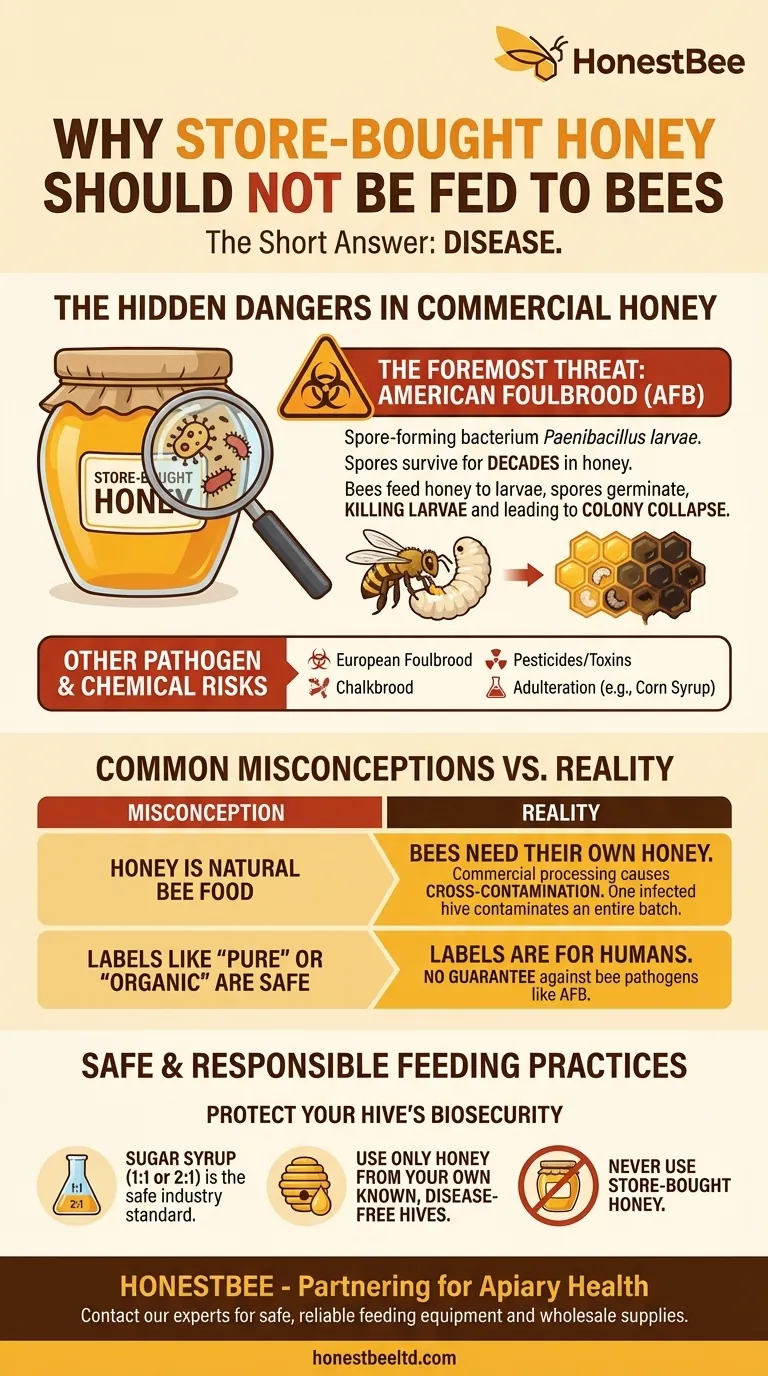
Related Products
- Premium Traditional Copper Bee Smoker with Bellows
- Stainless Steel Honey Bee Smoker Hive and Honeycomb Smoker for Beekeeping
- Professional Engraved Round Hive Number Tags for Beekeeping
- High Performance Plastic Queen Excluder for Beekeeping and Apiary Management
- Slatted Porter Style Bee Escape for Rapid Hive Clearing
People Also Ask
- What is the smoke that beekeepers use? The Secret to Safe and Calm Hive Inspections
- What is the purpose of a bee smoker? Calm Bees for Safer, More Efficient Hive Inspections
- Do bee smokers work on wasps? Why It's a Dangerous Misconception
- What should be considered when choosing a bee smoker? Find the Right Tool for Calm & Safe Hive Inspections
- Are bee smokers bad for bees? A Guide to Safe and Effective Use
